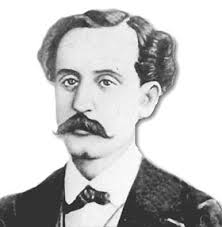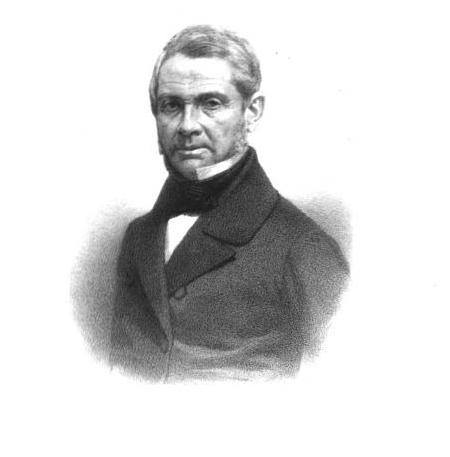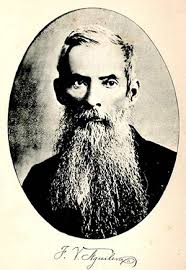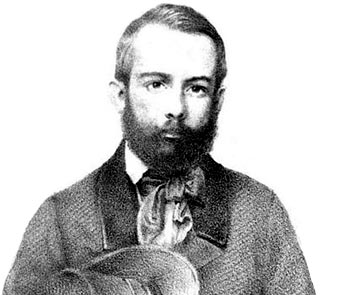Donato Mármol
- Hits: 228

Donato Mármol was a Cuban soldier and patriot of the 19th century (February 14, 1843-November 20, 1870). He was one of the most impetuous and courageous leaders of the Liberation Army, with a seat among the founding fathers of the country, despite his youth.
Reports by historical researchers place his death on June 25 or 26, 1870, in the middle of the redemptive jungle, a victim of smallpox, whose recovery process was complicated by pernicious fevers and finally a concussion, from which he was not able to get out.




